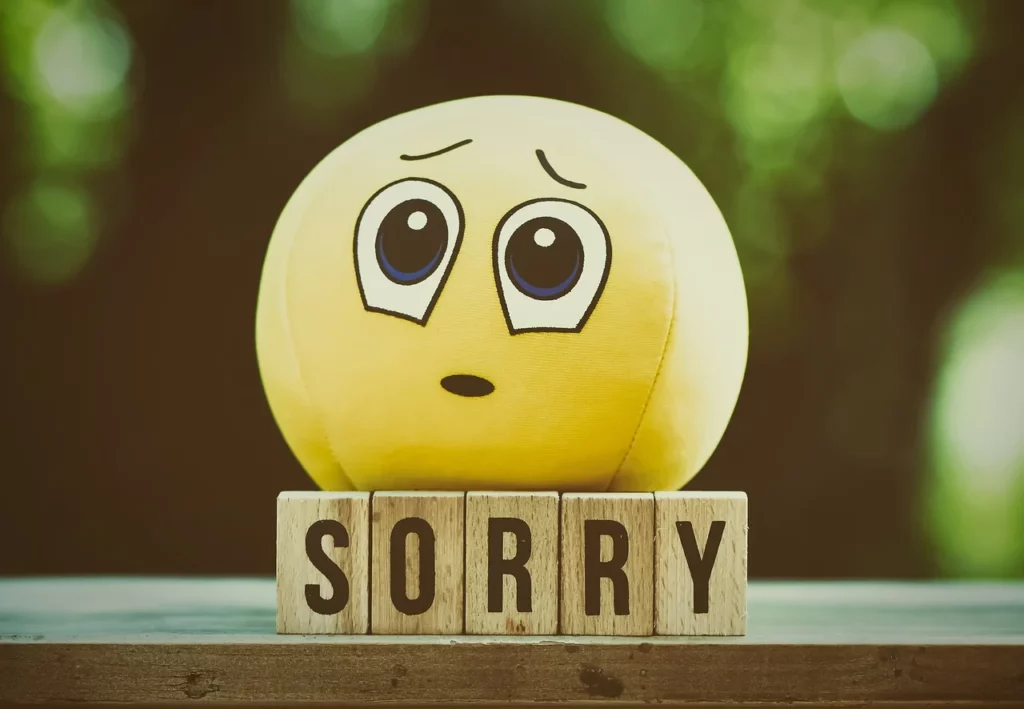2022 Restorative Practices Summer Reflections

As the 2022-23 school year winds down, I’ve been reflecting on the past year. This past year, the 9th year with the school district, has been the busiest for me and the other three trainers. Just like we’ll do next month, we started off last summer with two planning days. I appreciate the three other […]
Why I’m Adding Restorative Circles to Restorative Practices Workshops

My last blog post, Why Didn’t I Include Restorative Circles in Every Workshop? left me feeling disappointed in myself for not realizing the criticalness of this years ago. For the three workshops on my schedule, I revised the workshops and added a circle component. I’m going to briefly explain the changes I made in each […]
Using Circles to Review Homework Assignments, Part 1

Do your students struggle with turning in their homework? Could your students use some strategies to help get their homework competed on time? What are students learning from their homework? Frederick Community College in Maryland features 16 faculty instruction guides on a variety of topics. The one that caught my eye is, “Restorative Circles.” I […]
How Parents Can Model Apologies to Children and Teens

Modeling Apologies to Children Modeling Apologies to Teens Sources:
Five Parent Tips to Help Your Child and Teen Apologize

Parent Tip 1 Children and Teens needs guidance and patience from you when it comes to teaching them how to apologize and make amends. Parent Tip 2: Help your child/teen to notice how he/she feels about the situation or mistake and think about how someone else is feeling and what he/she might be thinking. […]
What Do Children & Teens Understand About Apologies?

What Children Understand A child who has never been apologized to won’t understand the apology process, and more than likely he or she will refuse to apologize, turning a potentially beneficial moment into a standoff with hurt feelings. Children are born with the capacity for love empathy and understanding. According to Craig Smith, “Children as […]
Restorative Practices & Resolving Conflict: Affective Statements

Any time is the perfect time to try a new restorative response. Here’s how a Modesto City School teacher at Shackelford used the simplest form of restorative practices. Affective Statements in Action “When two students had an ongoing issue at recess, we started to resolve the problem using I messages. Although the behavior did not […]
